
It was a dark and stormy night. Well, it was. Really. I was sitting in a government vehicle with civilian registration plates, parked by the side of the road a few kilometres outside of the small town of Chinhoyi in the company of a wizened and gnome-like informer source of indeterminate age, but who knew the name of the man who’d owned the farm we were parked alongside of back in 1920-something, and who had arranged for me to meet with an illegal ivory dealer.
This was to be the resurrection of an undercover trap that had fallen dormant over a year previously when the National Parks warden who was working on the casehad left the department. The dealer was already two hours late, and most sane people were already asleep. Any thoughts of a proper dinner or more than a couple hours sleep that night were already nothing more than a vague memory. Visibility outside was practically nil.
The informer, who by all appearances had been born about the same time as Noah, but clearly had eyesight better than mine, suddenly sat upright and peered into the gloom masking the neatly ploughed field of the adjacent farm. I could see little other than the nose on my face, but a tap came to the passenger-side window, and my companion opened the rear passenger door. In slipped a sodden, unwashed, and apprehensive figure who kept casting furtive glances in all directions. I was probably doing the same. I had in my pocket a hastily-scribbled note ostensibly from the former operative which introduced me as his cousin, but in the event it proved unnecessary. With the passage of time, and with such meetings as these invariably taking place in the dead of night, I was accepted as none other than my predecessor and greeted by name.
It had been a long time, he said, and he had been certain that I had lost interest in the poached ivory that he had cached in the Zambezi Valley. He hadn’t been sure what to do, for approaching people whom one didn’t know with illegal ivory was to take a terrible risk. “Yeah, right!” I thought. It’s going to be a long evening still, and you can’t afford to put one foot out of line – these guys have a sixth sense that it pays not to underestimate. The trick is just to play your role like it’s who you really are – if I were really a trafficker, would I do, say and act what I am doing and saying and how I am acting?
The following couple hours were spent driving around from one location to another so as not to arouse any interest from the odd nocturnal passer-by, while we discussed his family’s wellbeing and how his crops were coming on, how much ivory he had, how much more he could get, how much he wanted per kilogram, and whether or not rhino horn was available and at what price. I was always careful to mention that I wouldn’t buy fresh ivory or horn. The idea was to arrest the dealer with what he had and without encouraging him to go out and poach more animals.
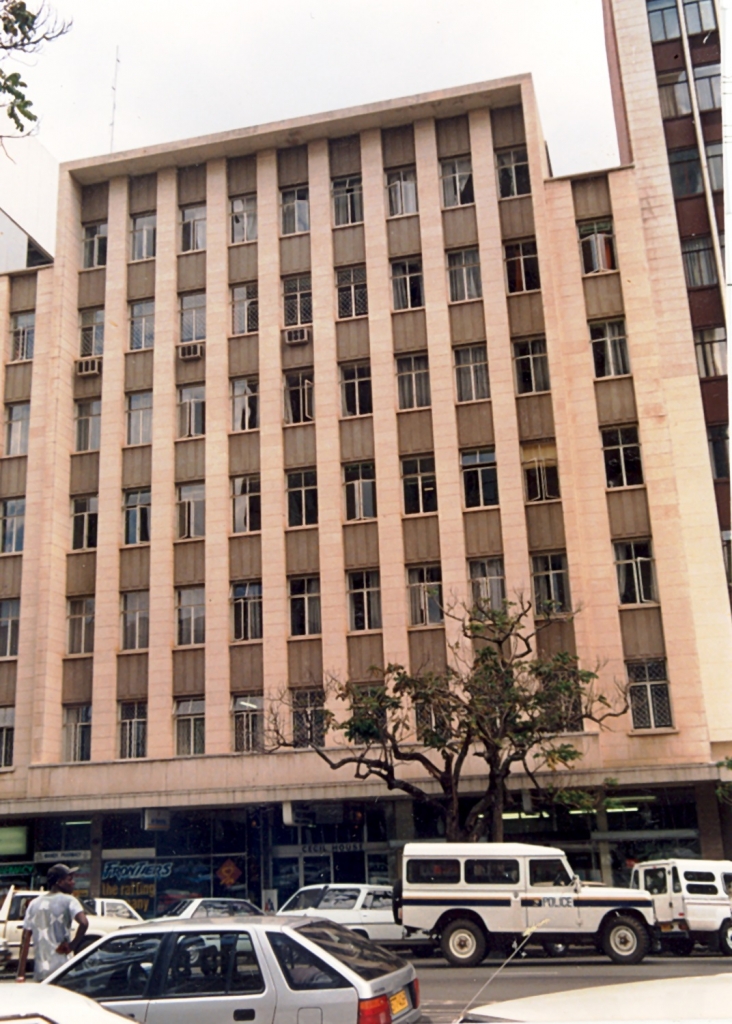
There is a certain social ritual to be observed whilst cultivating a dealer in an undercover trap. The name of the game is circumspection. Most of the time, the fellow you’re talking to isn’t the seller at all, but has a relative who has an illegal cache. Or perhaps he is part of a consortium of dealers, and they all want to have a say in how the loot is disposed of. Often, though you don’t know it, you’re being taken to places where you are being observed by the seller’s cohorts – possibly even someone you’ve arrested before. There can be a lot of reasons why a trap gets to a fairly advanced stage, and then, all of a sudden, the sellers just vanish into thin air, never to reappear.
The dealers’ sixth sense dictates caution. Nothing happens here and now. It’s often worth a trip to Gweru or Mashumbi Pools or Lusulu just to say howzit and ask if there might be a goat for sale for your “driver” – who is really an undercover game scout. You can’t rush or hurry a properly-laid trap, and it’s not uncommon for a year or two to elapse before you make an arrest in a particular case. And unless you can convince the sellers that you actually like them and like dealing with them, and that you think the indiscriminate slaughter of wildlife purely for personal gain is as hysterically funny as they do – forget it. You’re in the wrong line of work, and they’ll spot you a mile away. Patience, and if that fails, more patience.
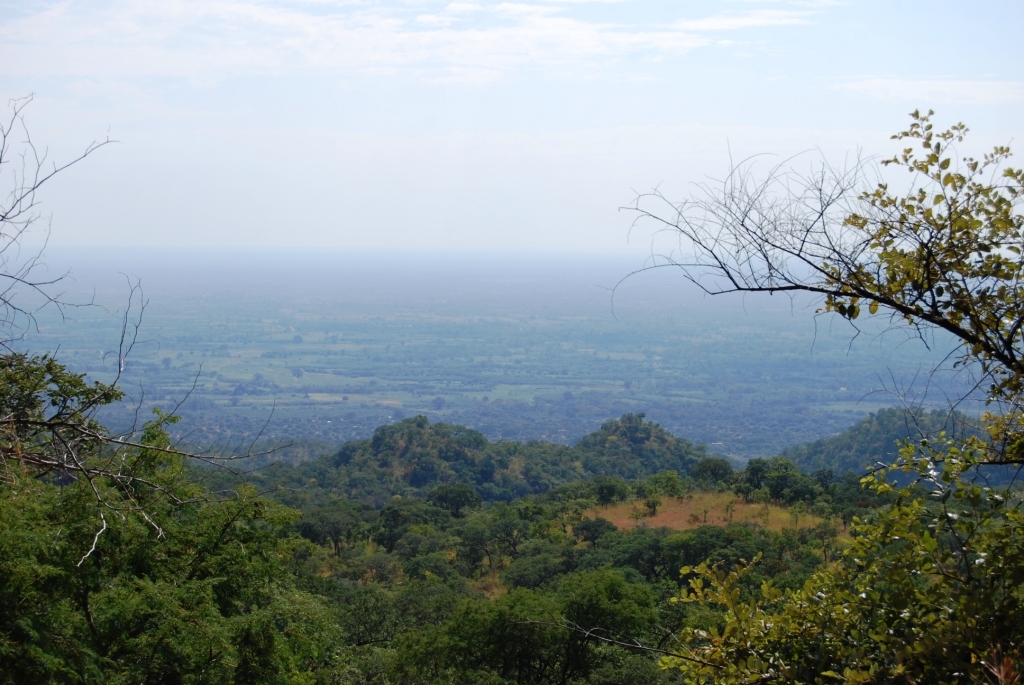
But this wasn’t fated to be too much of a long, drawn-out affair. Apart from the year that had already lapsed. A little after 03h00 we dropped off a still-unwashed, but what we hoped was a now suitably-reassured dealer just outside Banket and made our way somnolently back to Harare. And the informer was fairly certain that the six elephant tusks and one leopard skin which were on offer were the same cache as the dealers had been offering initially – we clearly hadn’t stumbled onto the Wal-Mart of the illicit wildlife trade.
Back in Harare the next day, we tasked the informer to keep up daily contact with the seller and made our own plans for the trap. Life is full of surprises and there are always a dozen different permutations as to how an undercover trap is going to materialize, so contingency plans – lots of them – are the order of the day. A close liaison was also maintained with police CID Gold Squad and PISI – the euphemistically-named Police Internal Security and Intelligence spooks – operatives from Chinhoyi. Although Parks and Wildlife Officers were peace officers in their own right under an amendment to the Criminal Procedures and Evidence Act, National Parks Investigations Branch always endeavours to work closely with the police whenever possible.
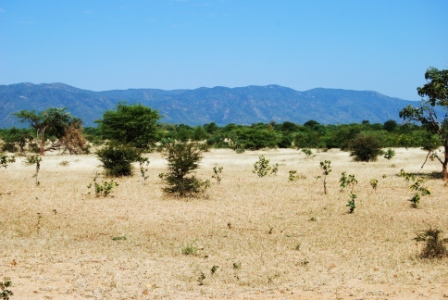
The Zimbabwe government had at the time sensibly recognized ivory, rhino horn, and indeed the country’s wildlife heritage as a whole to be a national asset. The police took ivory and rhino horn very seriously in view of their high foreign currency monetary value, and the penalty for dealing in either was a mandatory five years imprisonment with labour without the option of a fine. In my first twelve years as an undercover operative, I had only made one arrest where the magistrate found extenuating circumstances and instead imposed a fine. In modern-day, post-land reform Zimbabwe, the authorities selectively apply the law with vigour when they either need good PR in the form of a few high-profile arrests to keep the donor money flowing or CITES from pulling the carpet out from under them or when lower-echelon dealers risk the big-time cartel operations of the chief of the intelligence service and certain cabinet ministers and other politicos who are now the main dealers.
It was only a couple of weeks before the informer advised us that the ivory had been moved by night out of the Zambezi Valley, past Mahuwe to a point on the Zambezi Escarpment just below Guruve. The sellers would be expecting me the following Saturday. Plan A, which in the end was more or less adhered to, was to obtain a tan Land Cruiser from a rental company – we decided not to try and use our famous white one – and meet up early in the morning between Mvurwi and Guruve with police details who would come in through the back roads from Raffingora. We could then work out a number of different contingency plans depending on how many curve balls the sellers threw at us. There would be no way we could communicate with the police once we had left them to make contact with the dealers, so our plans had to incorporate a high degree of flexibility – as it was, we (usually myself and one game scout or other officer, together with the informer) often found ourselves having to make an arrest miles from where our backup thought we were supposed to be, and often against numerically superior odds. The one thing that’s always in our favour is that in a properly laid undercover trap we are the ones orchestrating all the movements, and we should be able to pull it off. The element of surprise.
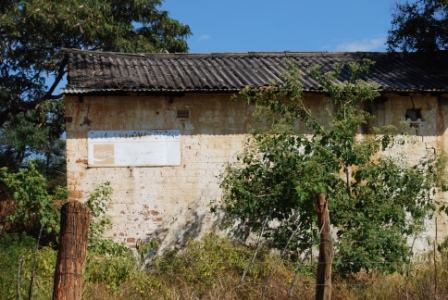
A number of ploys can be used to stage the takedown more or less where we want it – one member of the team, passed off again as a driver, will be left at a specific location clutching a bag containing “flash money” – photocopied notes which have been hurriedly shown to the miscreants in poor light – on the pretext that “I’m not stupid enough to drive off into the bush in the middle of the night with a bag of money, so let’s go and get the stuff and come back and you can have the loot.”
The police, of course will be lurking in the undergrowth nearby, and this scenario also gives us the excuse to put one more operative in the field. Also, we can be sure that the true owner of the ivory or horn will come back with us to claim his reward – ain’t greed wonderful? – and we’ll lose any hangers-on. A less-satisfactory premise is to pick a kilometre peg out of a hat, deploy your backup there, and tell the sellers that once the stuff is safely loaded into the vehicle we’re going to drive back a ways just to be sure nobody’s trying to rip us off. There are certain advantages in a scenario where everyone distrusts everyone else. You have to act like a genuine buyer would, meeting with a bunch of unknowns in the middle of the night in some corner of the country that God long ago forgot, in possession of a lot of money, and facing five years in prison if you’re not a very good judge of character. I once drove over 20km through the bush one night outside Gonarezhou National Park before we got to the appointed place for the trap, without alarming the culprits. Verbal sparring all the time is essential.
We fleshed out a coherent plan with the police on the morning of the trap, had breakfast in Guruve, and went to see if we could find the sellers. By mid-day we had made contact, and the usual game of “hurry up and wait” began. We were told that the tusks were big and there would be no way they could be moved until after dark. So far, so good, and our own sixth sense told us that nothing seemed amiss.
It was after 20.00 when we made our way to a pre-arranged meeting place just past Guruve, still on the narrow tar road (the present wide tar to the tsetse gate at Mahuwe hadn’t yet been laid). Guessing that if the ivory was big, it would be cached somewhere down the escarpment, we had arranged with the police for them to wait near the end of the tar road, by the last shop before Mahuwe. But for a moment it looked as if we were on our own when the seller directed us down a narrow dirt track toward some huts just where we had met him. We stopped near the huts, and the seller disappeared. He returned moments later with an accomplice, a leopard skin in a fertilizer bag, and in another fertilizer bag two tusks from a baby elephant – neither much more than half a metre in length. I fervently hoped that the “big” tusks wouldn’t all turn out to be of this calibre. Why? One elephant tusk or rhino horn represents one dead elephant or rhinoceros, and in the eyes of the law a 1kg tusk is the same as a 30kg tusk. It makes no difference. But we worked with a very intricate system of informer sources, whose remuneration is calculated on the value of the recovery – and with ivory, this means weight. Well-paid informers are happy informers. Happy informers are prolific informers. I don’t mind so much the two hours of sleep or the ten hours behind the wheel, or the company of people I really don’t like, or the possibility that all along I’m being set up because they think I have a bag full of real money and which one of them is going to pull a knife or have a go with a rusty old .303, if we make a good recovery. This one was going to be good, but we didn’t know it yet.
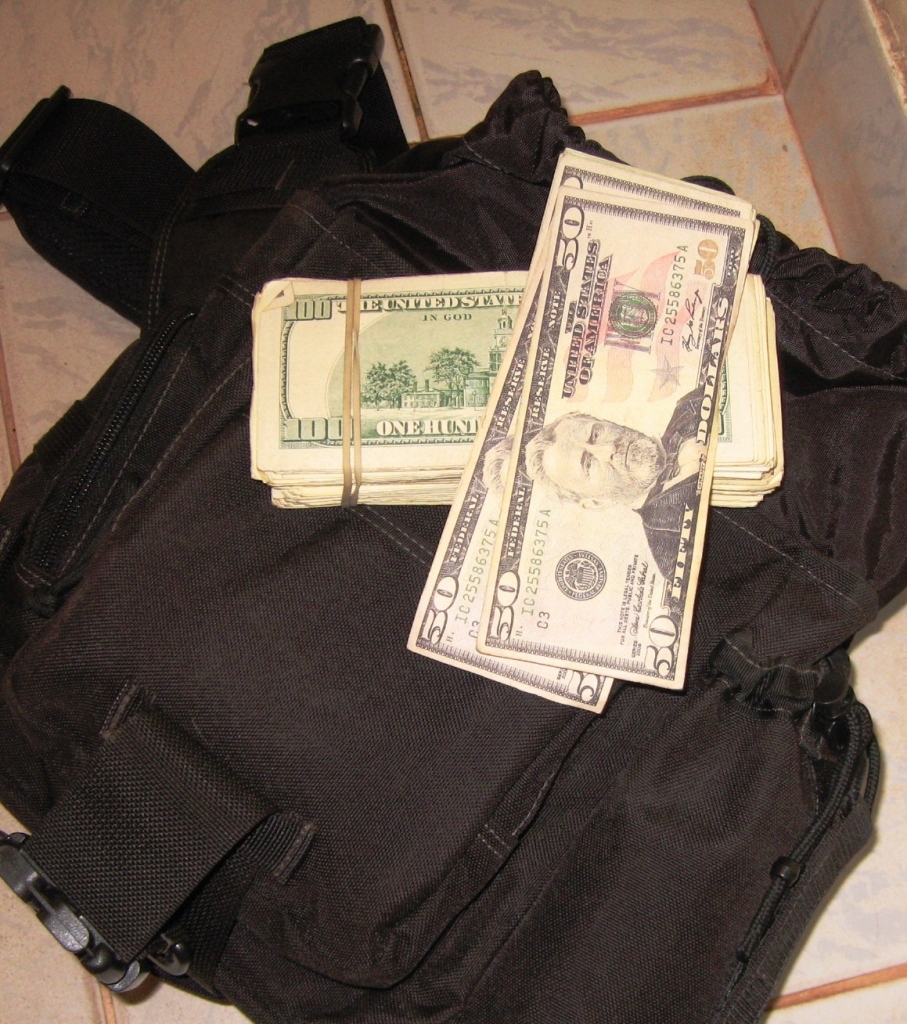
After a few minutes of whispered negotiations – people in the rural areas are extremely suspicious of goings on out of the ordinary, especially if they appear in any way conspiratorial and might involve financial gain – I agreed to buy these tusks and the skin, but made it clear that I was very nervous about being where I was and doing what I was doing and that although I was perfectly sure that they were all honest and straightforward folk who fervently had nothing but my wellbeing at heart, I was only going to pay one person one time for everything, so let’s get the rest of the stuff. In reality, of course, the comedy value of them staring at the “money” and wondering why it was only money on one side and blank on the other would’ve been lost on me as they melted silently into the night never to be seen again as I sat there with two ivory toothpicks and a putrefying leopard skin.
The four remaining tusks had been hidden, we were assured, part way down the escarpment, and past the police details who would see us drive by. We hoped. Accompanied by the informer and an undercover scout, I drove my two newfound friends to the turnoff to a school about halfway down the escarpment toward Mahuwe. It was now obvious that we were going to be outnumbered, as there was no way the ivory would’ve been left unattended, but it also now seemed pretty certain that there was something there and we were going to make a good arrest. Sure enough, within minutes the two sellers returned with two further accomplices, each carrying a largish elephant tusk. It was well after 22.00 when these were hurriedly loaded into the truck, and we convinced the two principal sellers that it was far too dangerous to stand there and count the money when anyone could’ve seen what was going on. There could be police about, you never know.
They were very wary, but we persuaded them to drive a couple of kilometres back toward Guruve where we would count out the money. Meanwhile, the police from Chinhoyi – very professional operatives whom we’d worked with before – had second-guessed that we might have trouble making the arrest depending on numbers, and were heading slowly and without headlights toward us. At a bend in the road they sprang the trap and in the confusion we quickly handcuffed the two dealers before one might have the presence of mind to pull a knife or gun. Having resigned ourselves to having lost the two hangers-on, who were nonetheless involved and would have been charged, we were unexpectedly smiled upon by the Goddess of Greed who had put it in their minds to follow their companions back up the road to collect their share, rather than trust their friends to return and share with them. They actually walked up to the police truck – unmarked, it is true – and gave us the old “Hail, fellow, and well met” bit, which did not end well for them.
It was Saturday night – there was still the long drive back to Harare complete with the insidious drowsiness that always follows a late evening surge of adrenaline, but what the hell – tomorrow morning I could sleep in!

All four dealers were convicted on their own plea, and the informer was more than happy with his reward of several thousand dollars, which was a lot of money in the late ‘80s. All in all, it was a very straightforward and successful operation. In the early days, when the Zimbabwean infrastructure was still functioning, we would average around a forty-five percent arrest rate per cases worked, which was a lot better return than uniformed work had given us in Bophuthatswana, but it was a rarity to have a trap go down this smoothly.
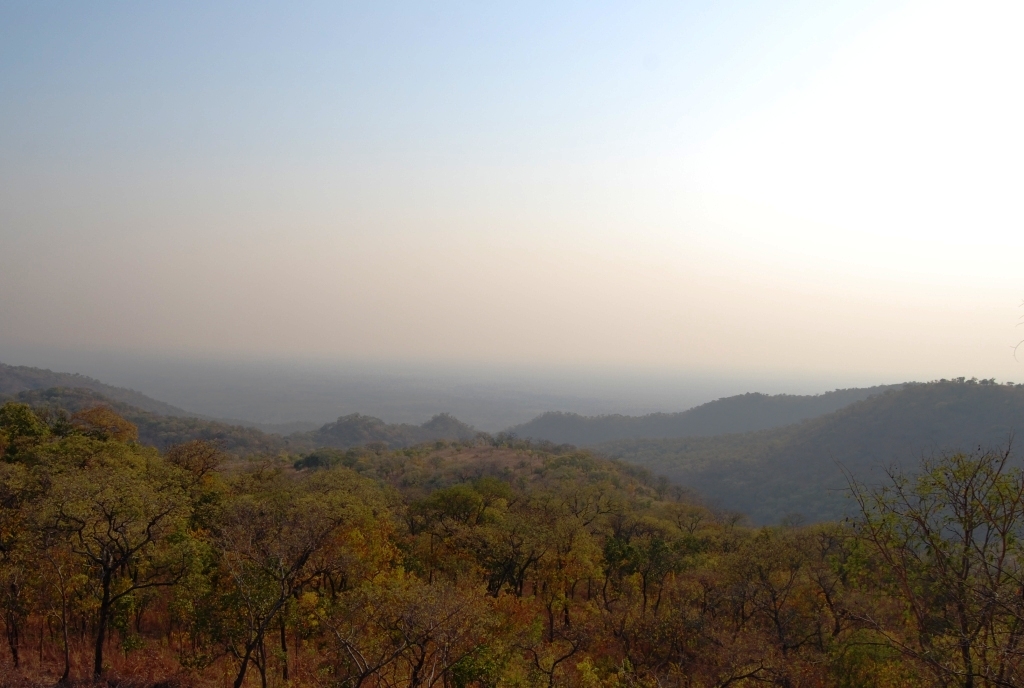

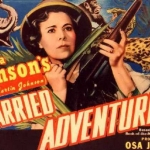
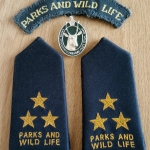
Leave a Reply
Want to join the discussion?Feel free to contribute!